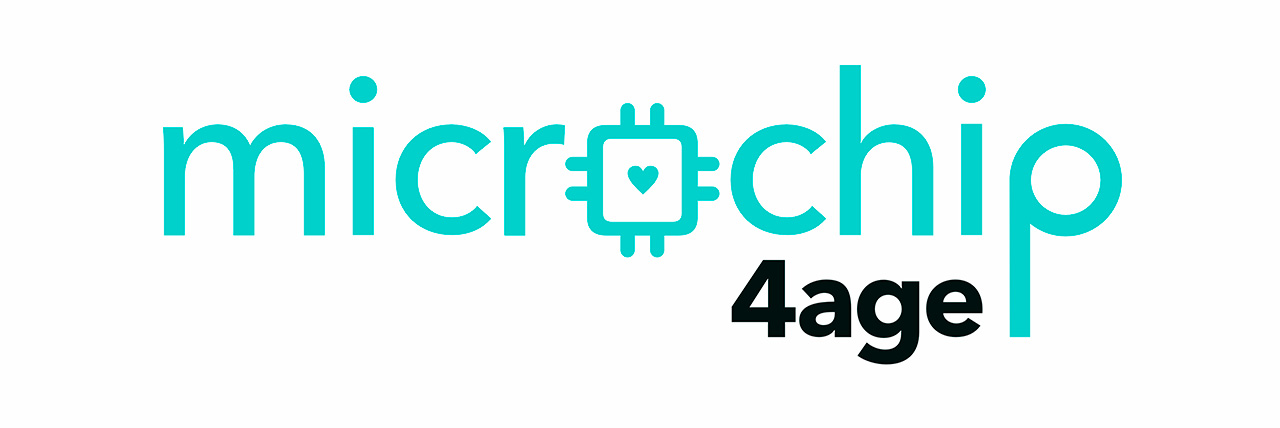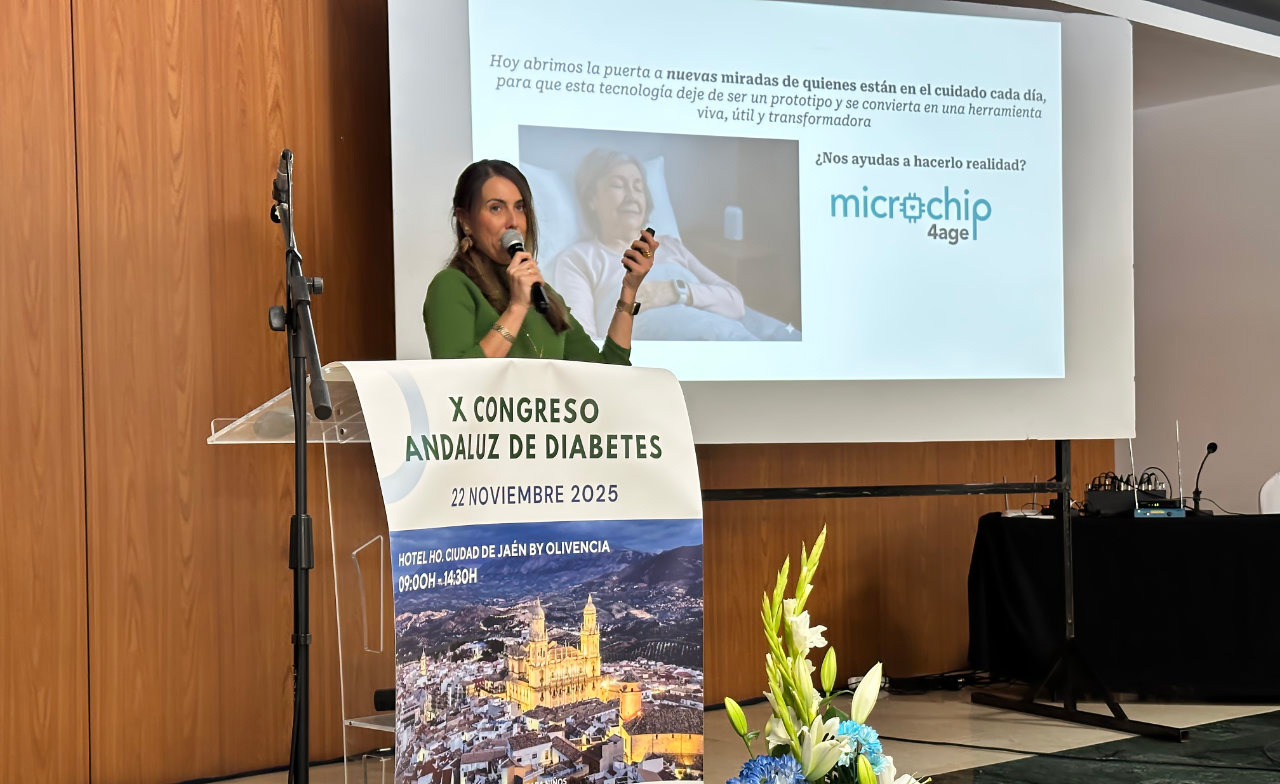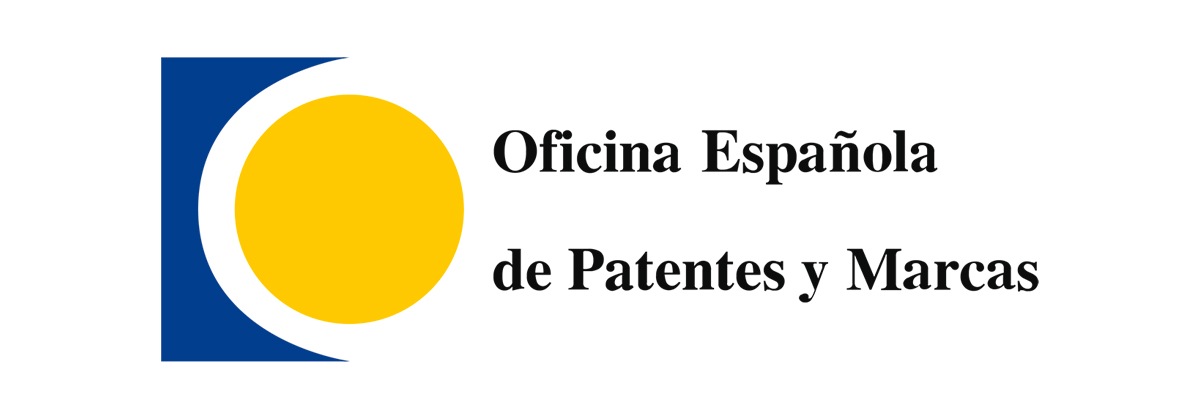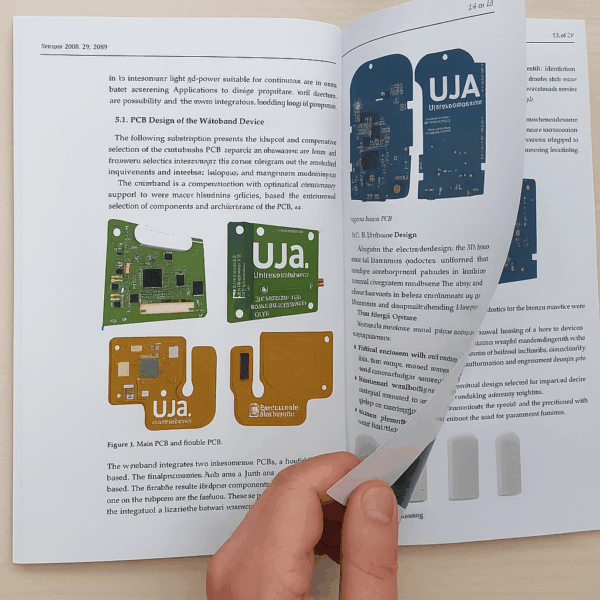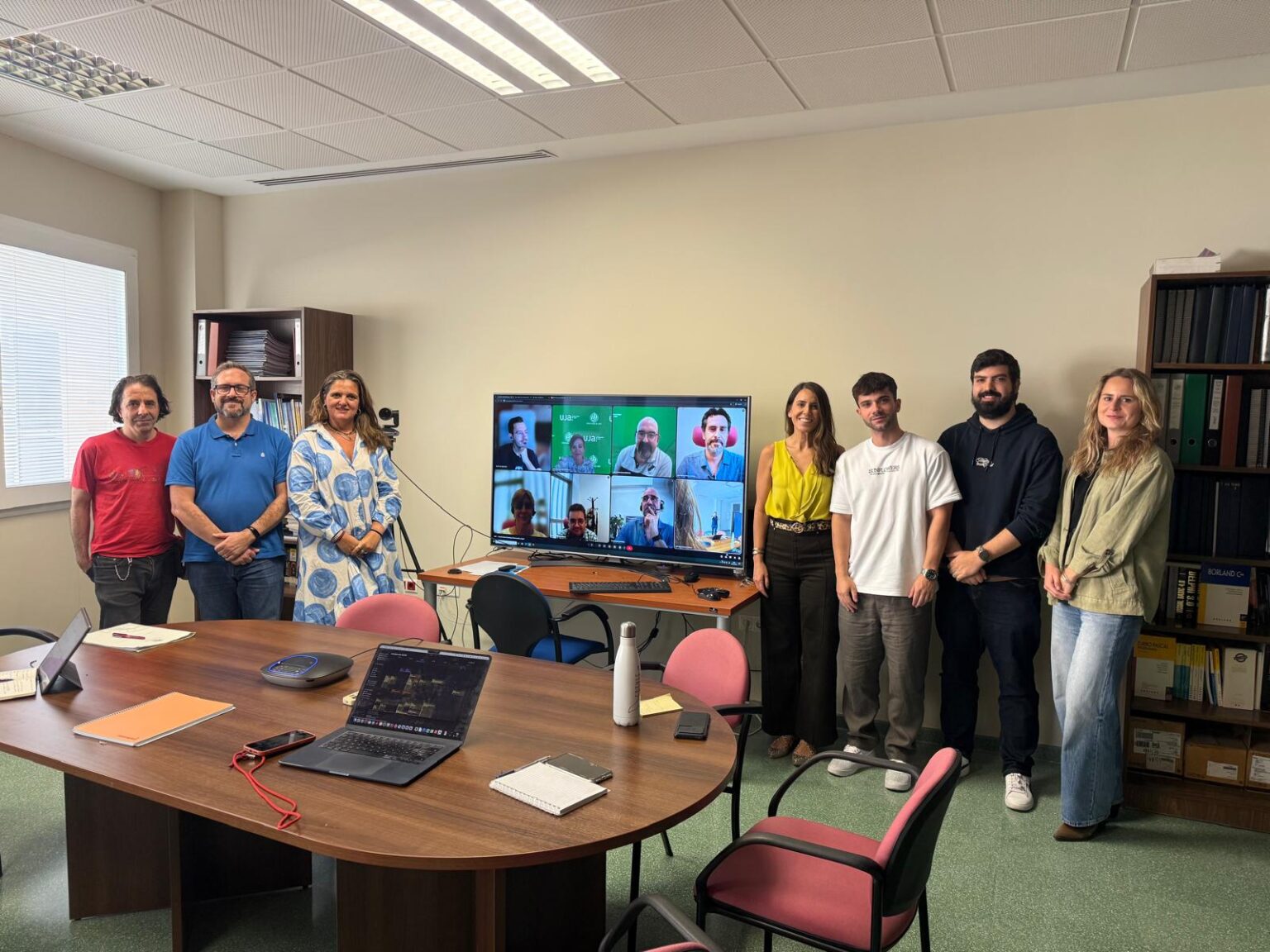Non-invasive technology, custom microelectronics, and artificial intelligence to improve quality of life without compromising privacy. This is the foundation of MicroChip4Age, an ethically and socially driven project led by the ASIA research group.
Jaén, April 2024 – The ASIA research group (Advances in Intelligent Systems and Applications) at the University of Jaén has launched the MicroChip4Age project, an innovative initiative aimed at transforming care for older adults and people with chronic conditions through an intelligent, non-invasive, and privacy-respecting monitoring system.
The project is funded by PERTE Chip under the Next Generation EU framework and marks a decisive step in applying microelectronics, ambient sensors, and artificial intelligence to create solutions tailored to the real contexts of health and social care.
Technology that protects without invading
The MicroChip4Age system is based on the in-house design and development of two key components: distributed environmental localization sensors and a wearable activity wristband worn by the user. This setup allows for continuous, non-intrusive monitoring of activity and location, without the use of cameras, microphones, or direct interaction.
Unlike commercial solutions based on constant surveillance, MicroChip4Age offers respectful monitoring capable of distinguishing between regular residents and occasional visitors—an especially valuable feature in shared living environments like residential facilities or multigenerational homes.
“Our devices are designed to blend naturally into daily life. We don’t want people to feel watched, but cared for with dignity,” says Dr. Macarena Espinilla, Professor of Computer Science and project coordinator.
From previous research to real-world application
MicroChip4Age is built upon a solid foundation of previous research. The ASIA group has led projects such as ACTIVA and PLATERA, which successfully validated non-invasive monitoring in residential care settings and in the homes of patients with type 2 diabetes, demonstrating the effectiveness of a person-centered approach.
With this experience, the project now begins its development phase with the goal of reaching Technology Readiness Level 7 (TRL 7), indicating its readiness for deployment in real-world environments beyond the lab.
A multidisciplinary team with an integrated vision
The project brings together a multidisciplinary team of experts in computer engineering, telecommunications, digital health, artificial intelligence, and care for vulnerable populations, allowing for a holistic, scientific, and deeply human-centered approach to each stage of development.
In the coming months, the team will focus on refining the device design, protecting results, and evaluating the viability of the solution for adoption in healthcare systems and the broader industry.
Ethical innovation in everyday life
MicroChip4Age is more than a technological project. It is a commitment to ethical microelectronics, preventive care, and an innovation model that prioritizes human dignity. It represents a step forward toward more humane care, where technology serves well-being—not control.

